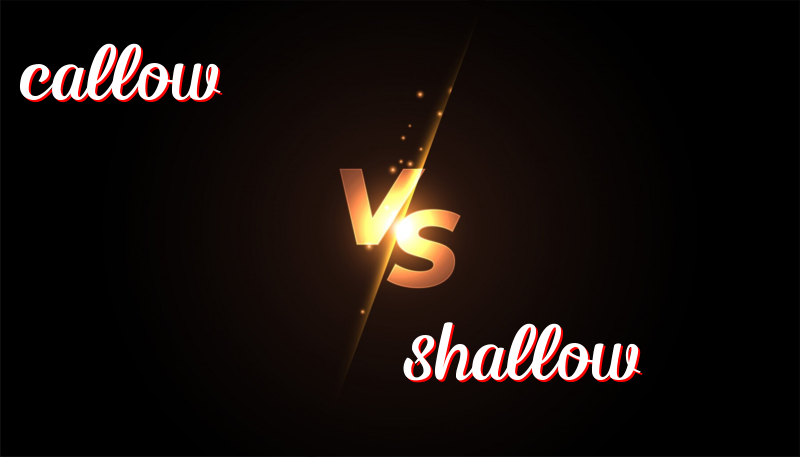英語單詞callow 與 shallow的區別
December 30, 2024
了解單詞:Callow 與 Shallow 的區別
學習英語的過程中,會發現一些單詞聽起來類似,但意思非常不同。其中兩個這樣的單詞就是 callow 和 shallow。今天,我們將深入探討這些詞的歷史、用法以及如何辨別它們。
單詞歷史
Callow 這個詞源自古英語「calu」,意思是「無毛的」或「羽毛未豐的」。最初是用來描述那些沒有羽毛的幼鳥,後來延伸到形容缺乏經驗或成熟的年輕人。
Shallow 则源自中世紀英語「schalowe」,意味著「不深的」。在形容水體時,它指的是淺水或水位較低的地方。隨著時間的推移,這個詞也開始用來形容膚淺的人的思想或觀點。
用法及例句
Callow
Callow 通常用來形容年輕而缺乏經驗的人,特別是在面對成人世界的責任或挑戰時。以下是五個使用該詞的例句:
- The callow intern made several mistakes on his first day.
那位缺乏經驗的實習生在第一天犯了幾個錯誤。 - She was too callow to understand the complexities of the situation.
她太幼稚,無法理解情況的複雜性。 - The callow youth was eager to learn from the seasoned professionals.
那位年輕的菜鳥渴望向經驗豐富的專業人士學習。 - His callow attempts at leadership were met with skepticism.
他那幼稚的領導嘗試遭到了懷疑。 - A callow newcomer would find this task challenging.
一位幼稚的新手會覺得這項任務具有挑戰性。
Shallow
Shallow 主要用來描述物理上的淺層或在思想上不夠深入的人。以下是五個使用該詞的例句:
- The water in the pond was too shallow for swimming.
池塘的水太淺,不適合游泳。 - He was criticized for his shallow understanding of the topic.
他因對該主題的膚淺理解而受到批評。 - They took a shallow approach to the investigation, missing key details.
他們以膚淺的方式進行調查,錯過了關鍵細節。 - Her comments were considered shallow and uninformed.
她的評論被認為是膚淺且無知的。 - The river was shallow near the edges but deep in the center.
河流在邊緣處較淺,但在中央較深。
記憶小技巧
要記住這兩個單詞,您可以這樣想:callow 和「小」(small)相關,因為它描述了缺乏成熟或經驗;而 shallow 和「淺」(shallow)相關,用來描述物理上的淺層或思想上的膚淺。
總結
在日常英語中,使用 callow 來形容缺乏經驗和成熟的年輕人,而當您描述水深不深或思想不深入時,請使用 shallow。理解和能夠區分這些詞有助於增強您的詞彙量,並提升您在不同語境中的表達能力。

Leave a Reply
You must be logged in to post a comment.